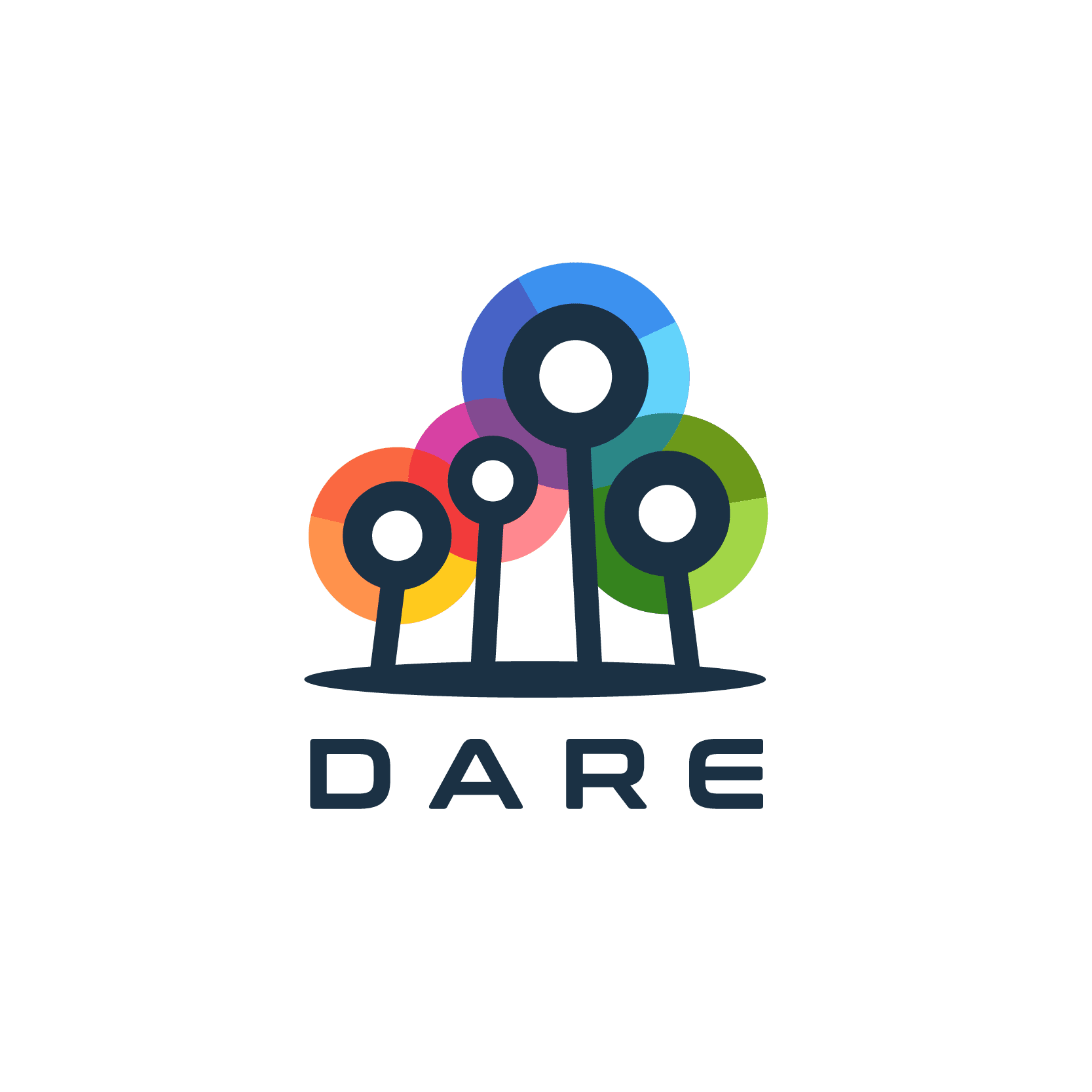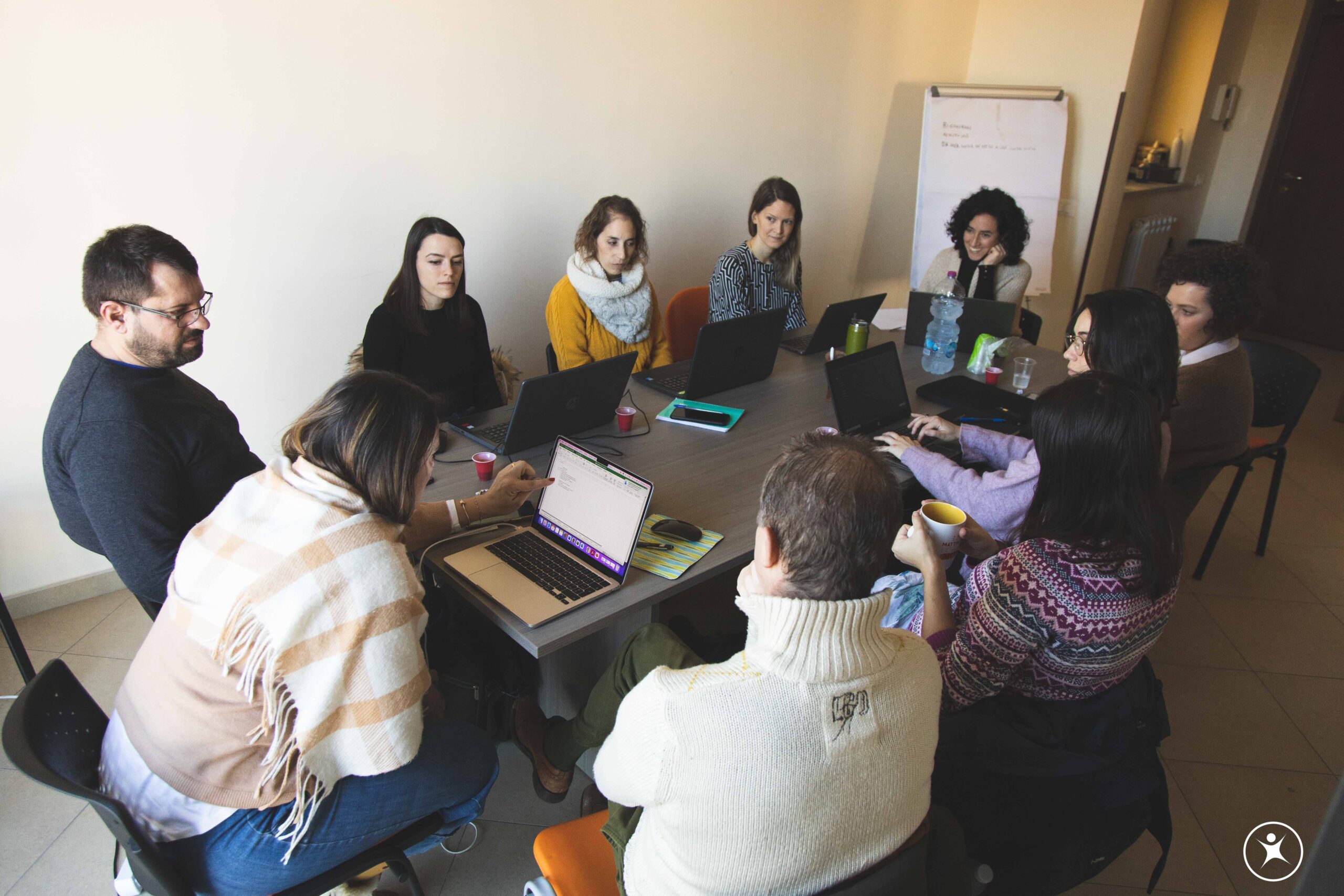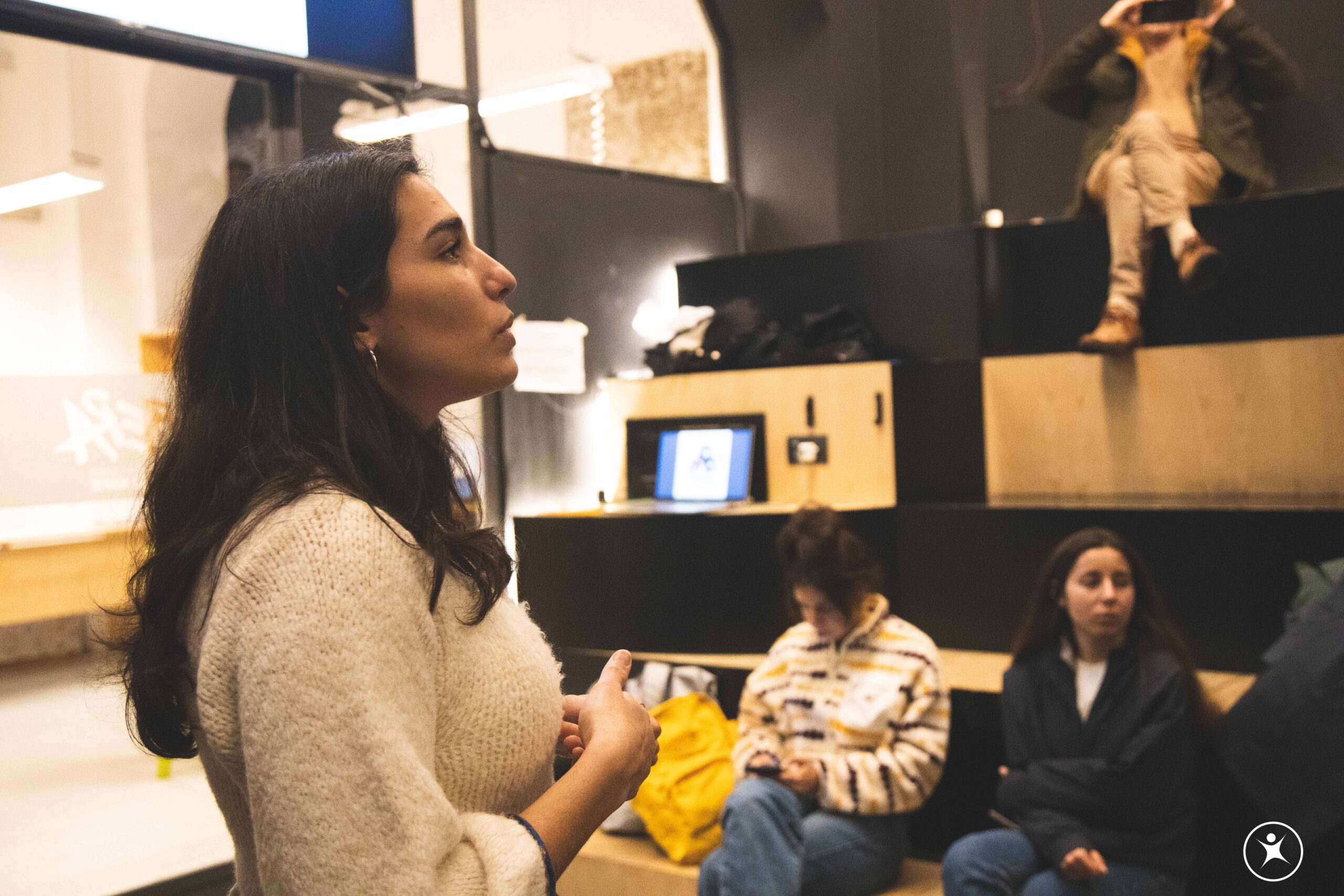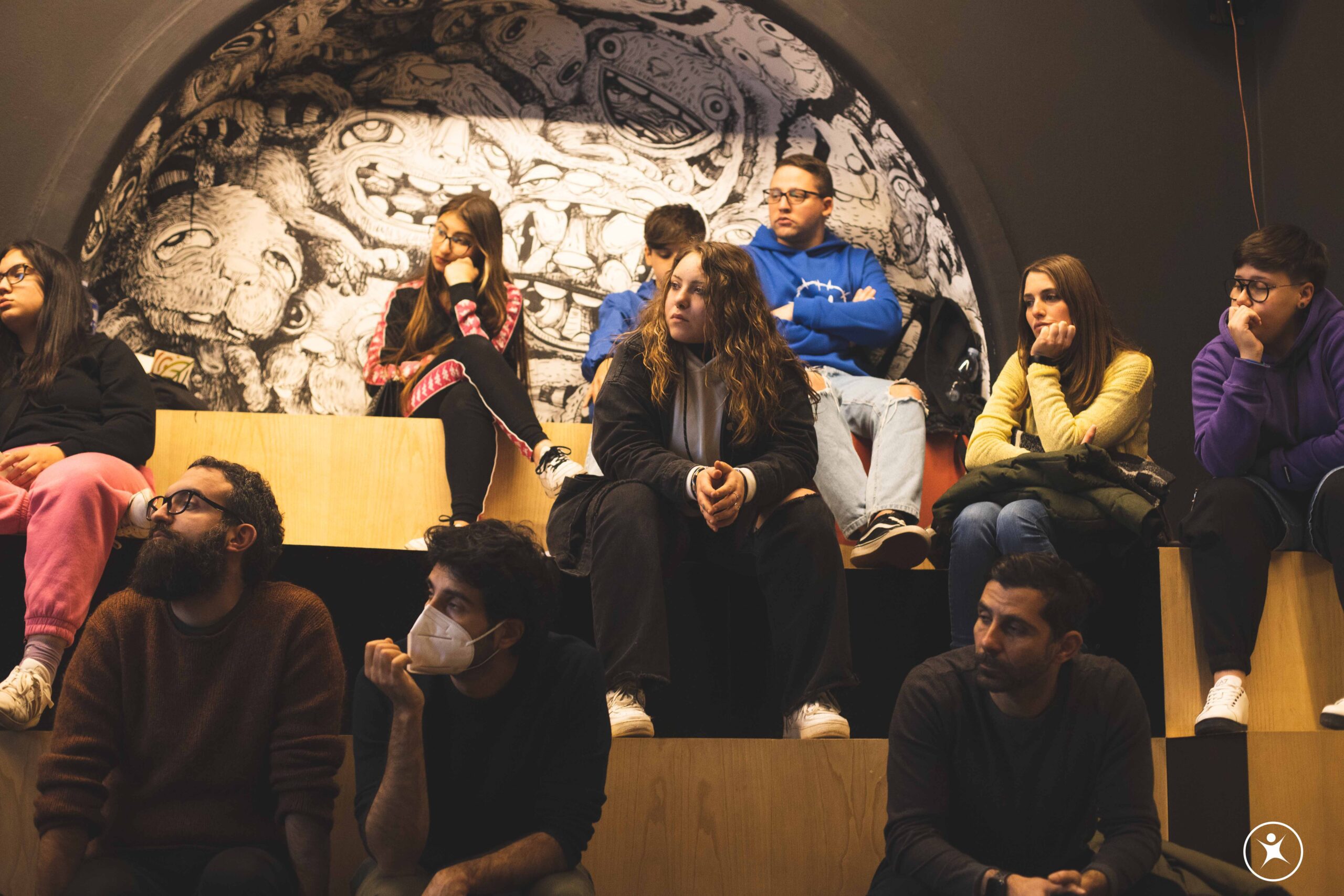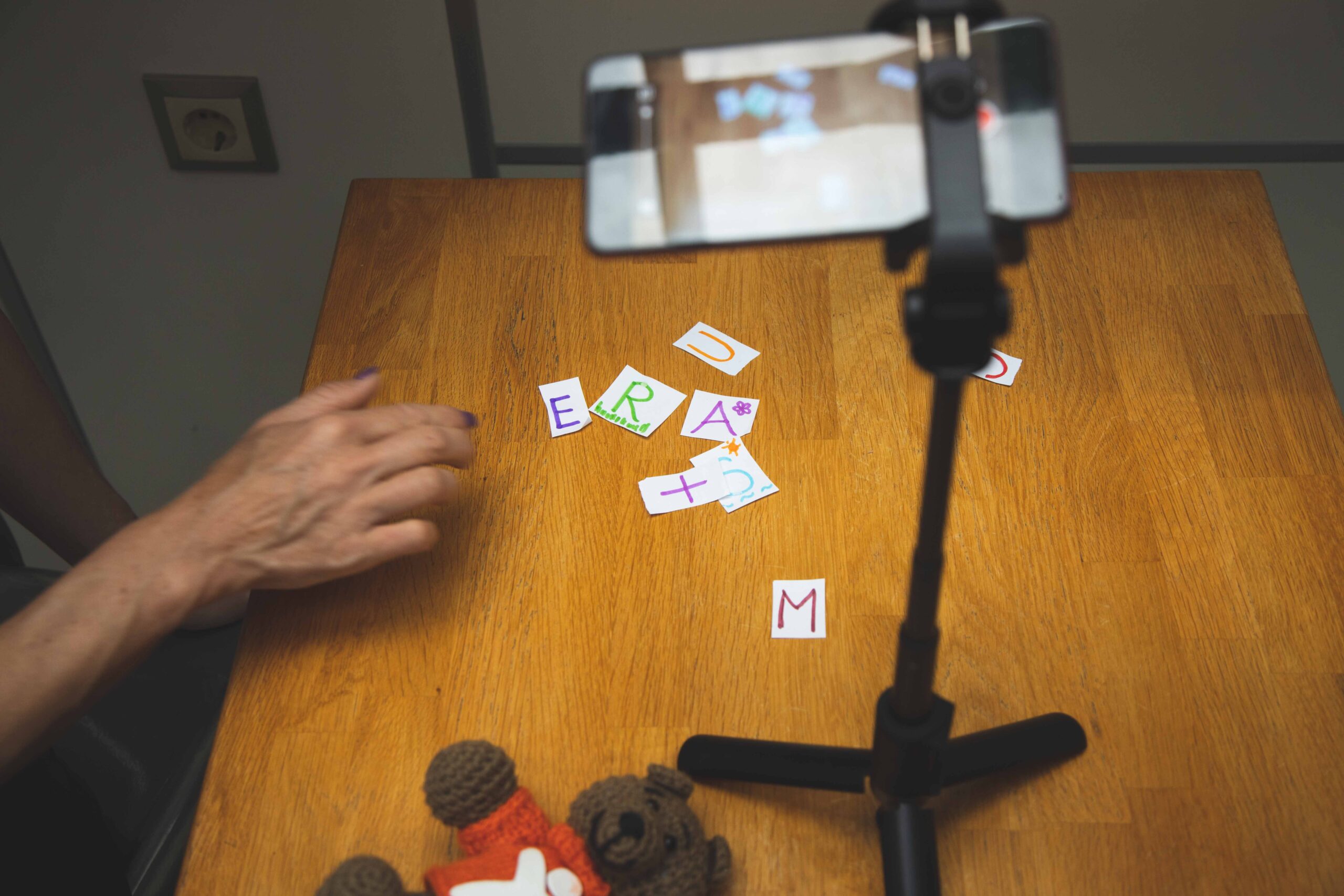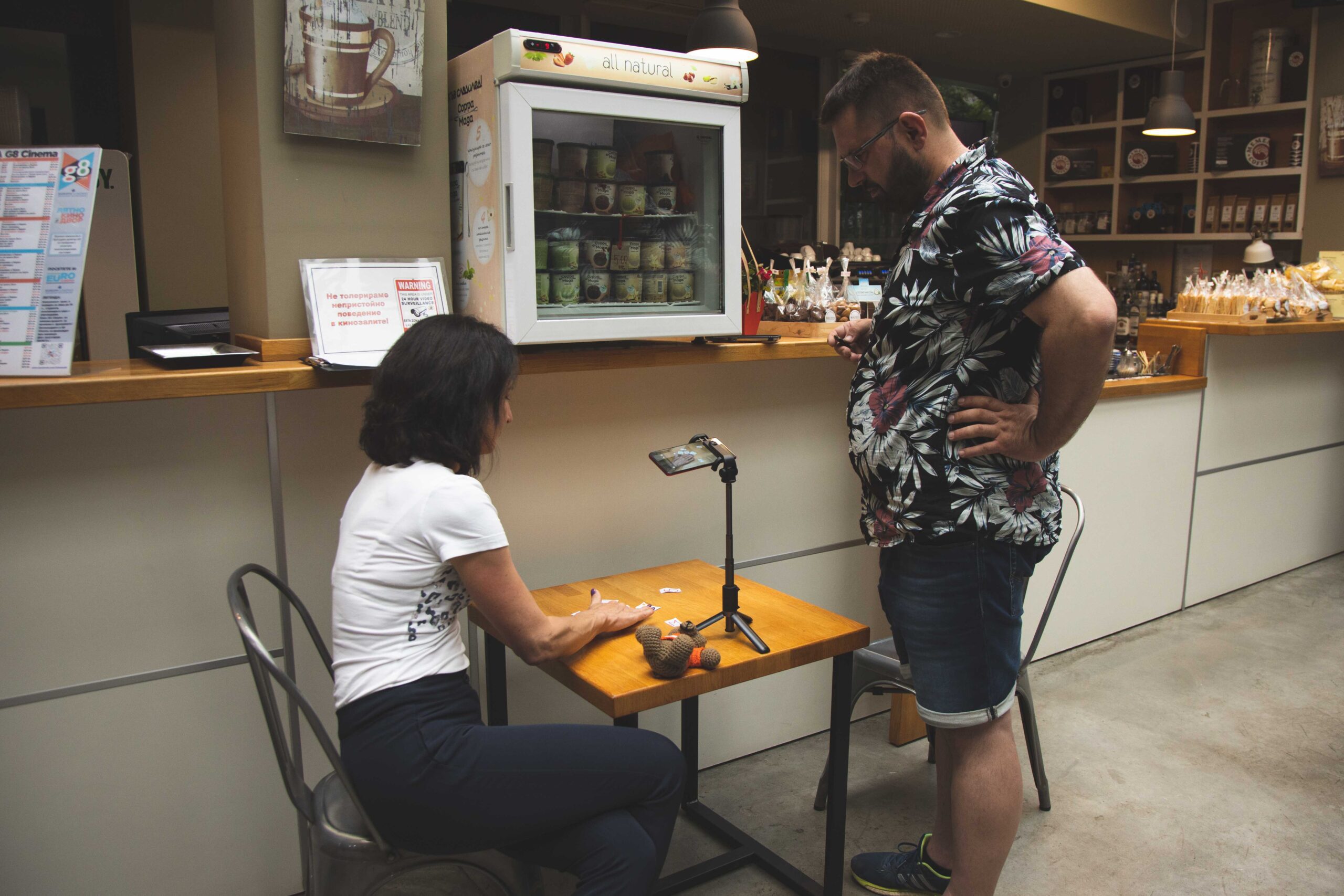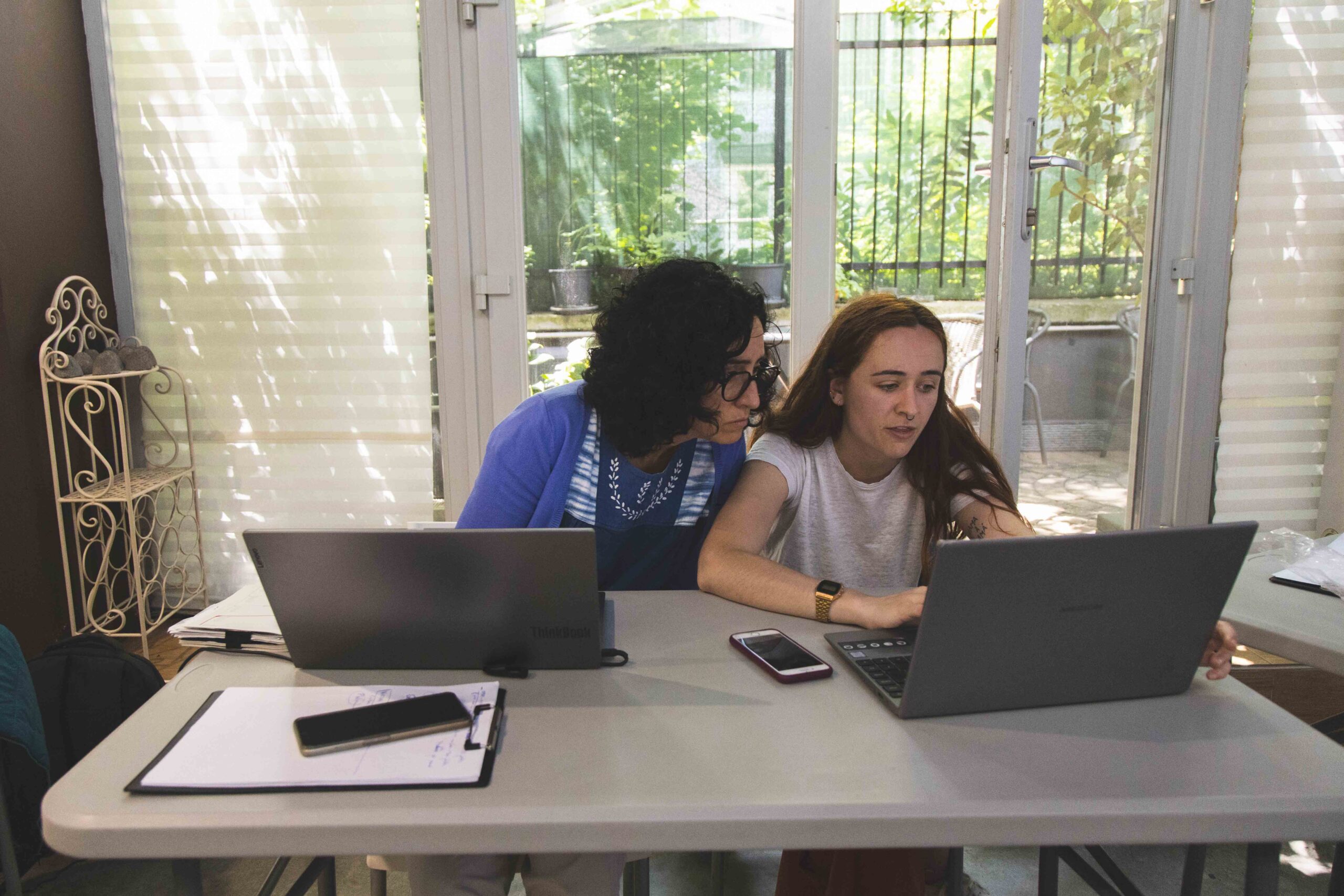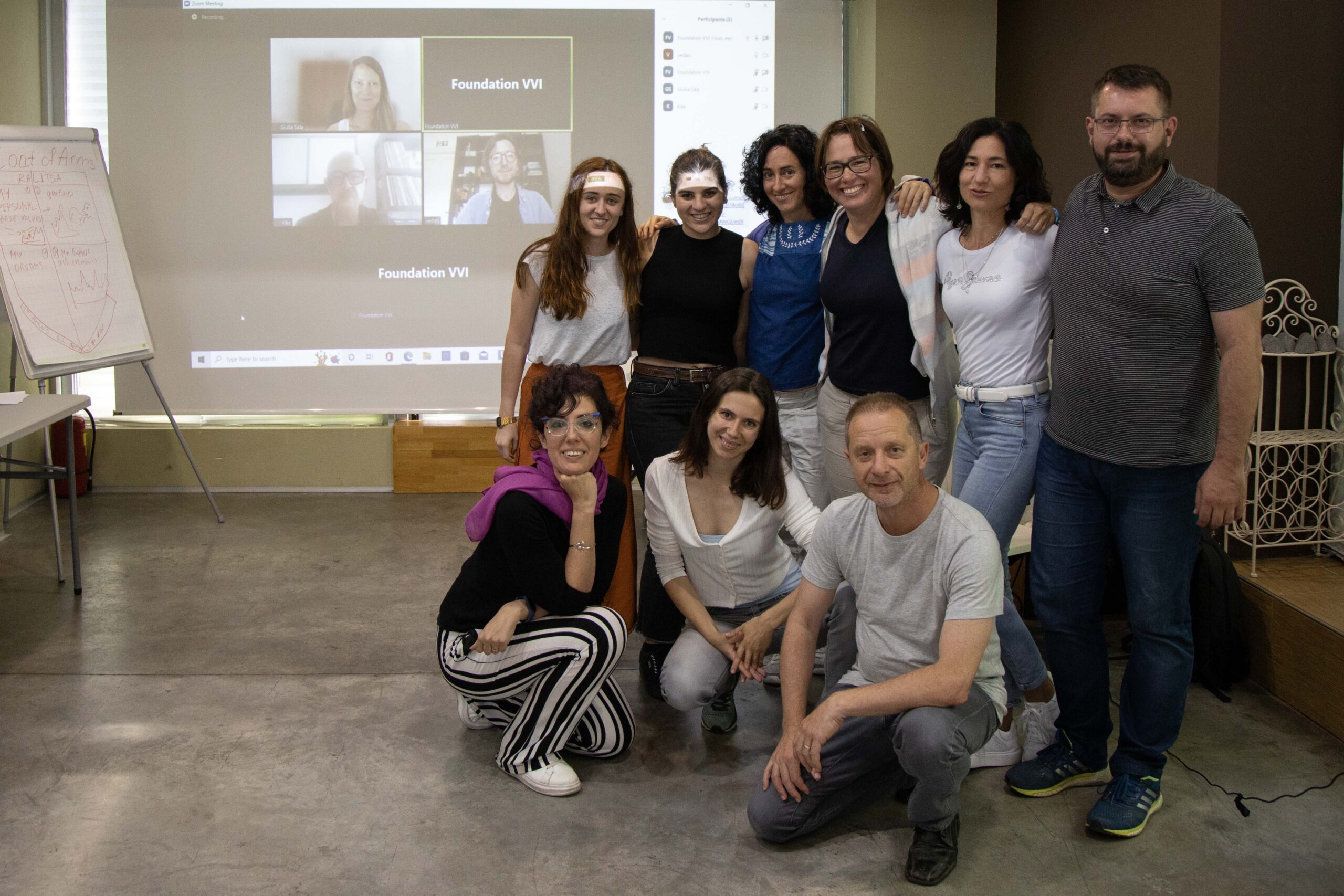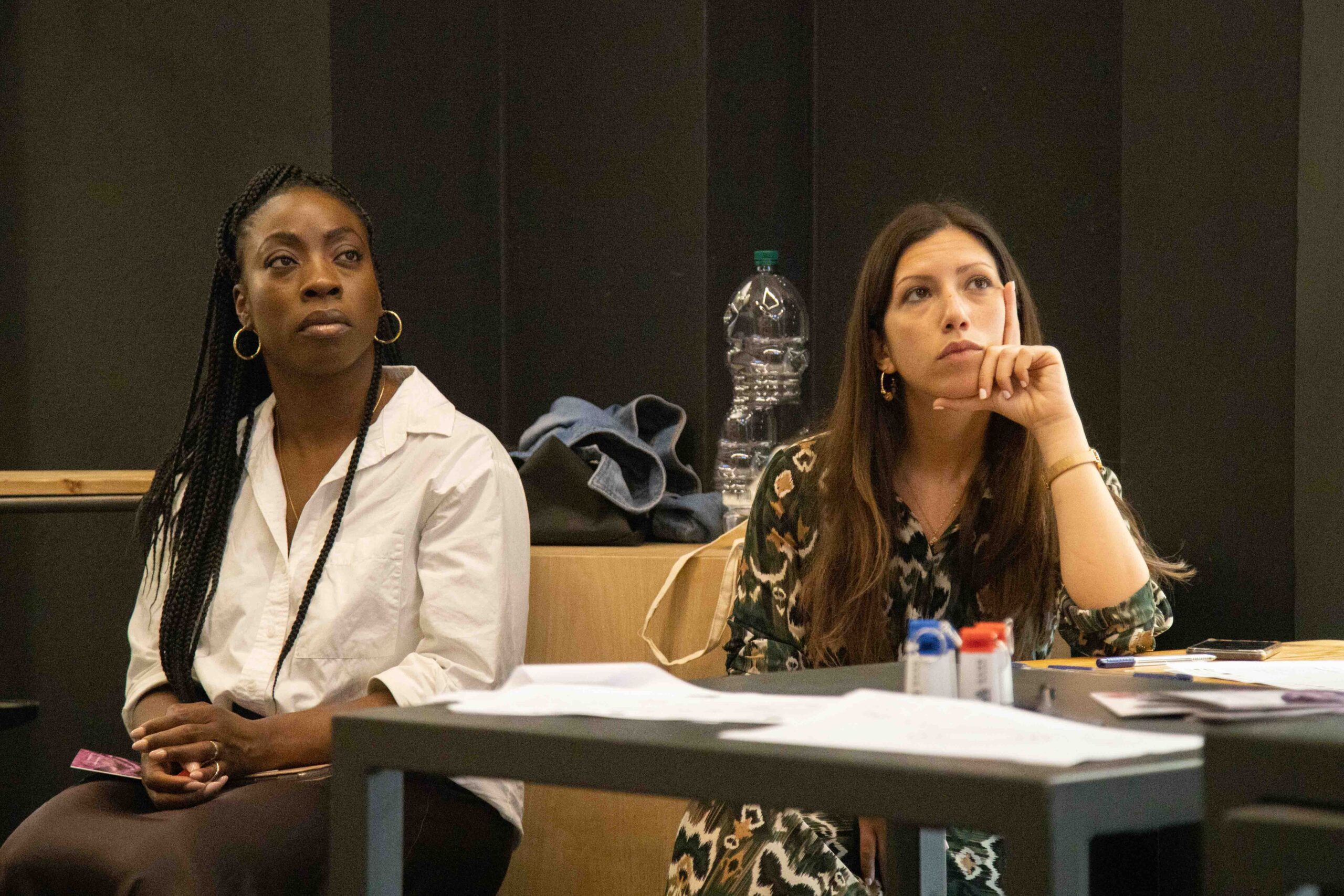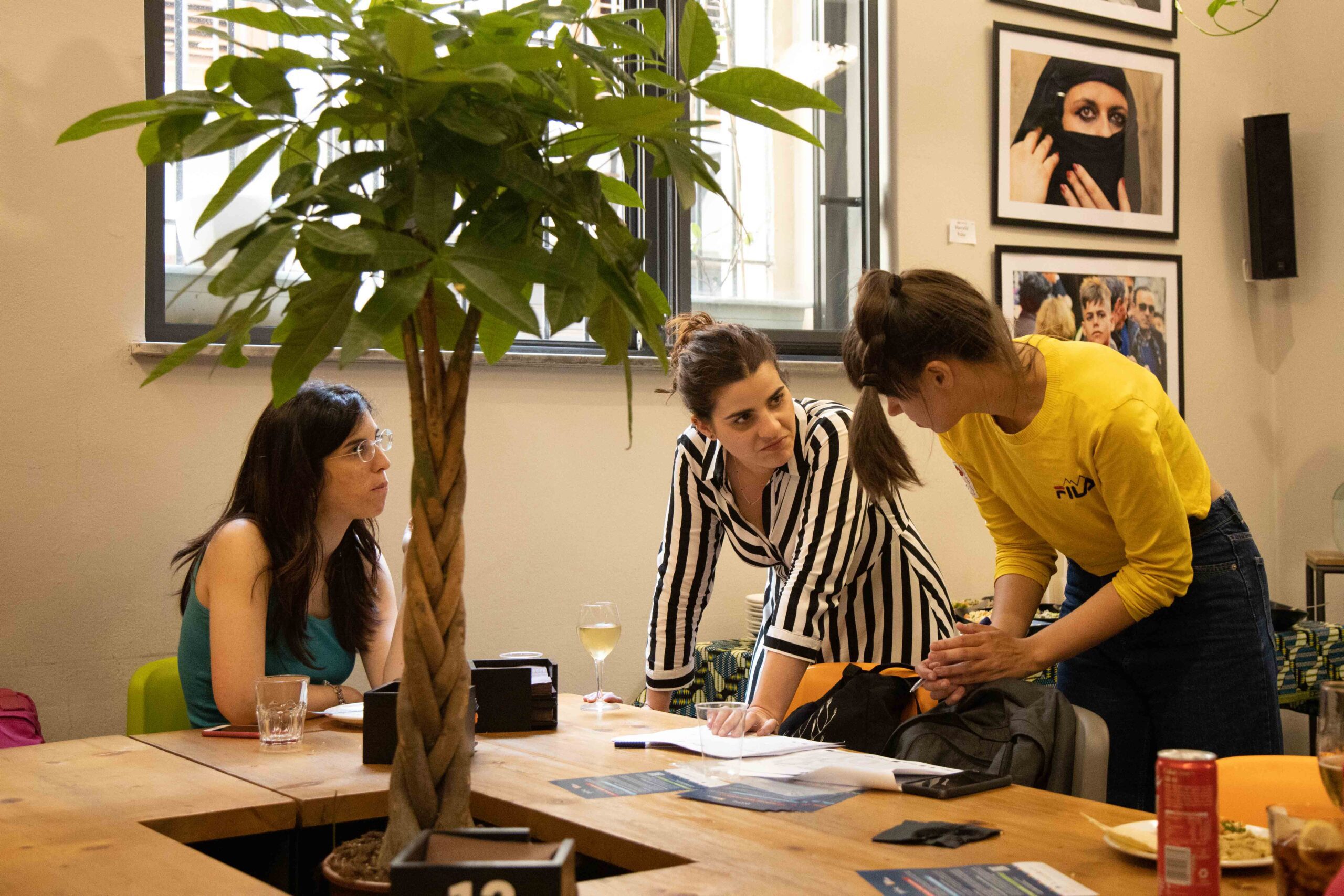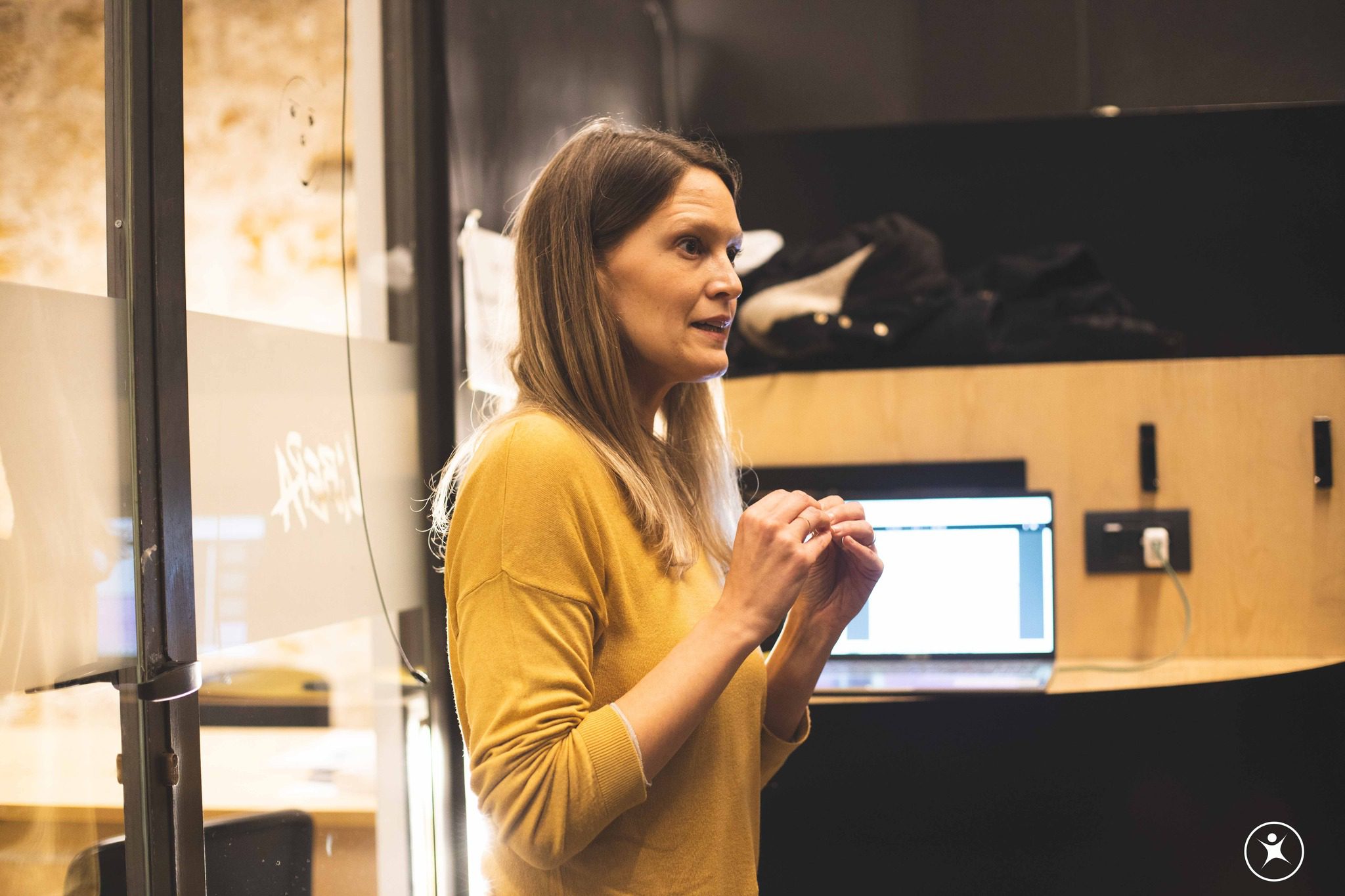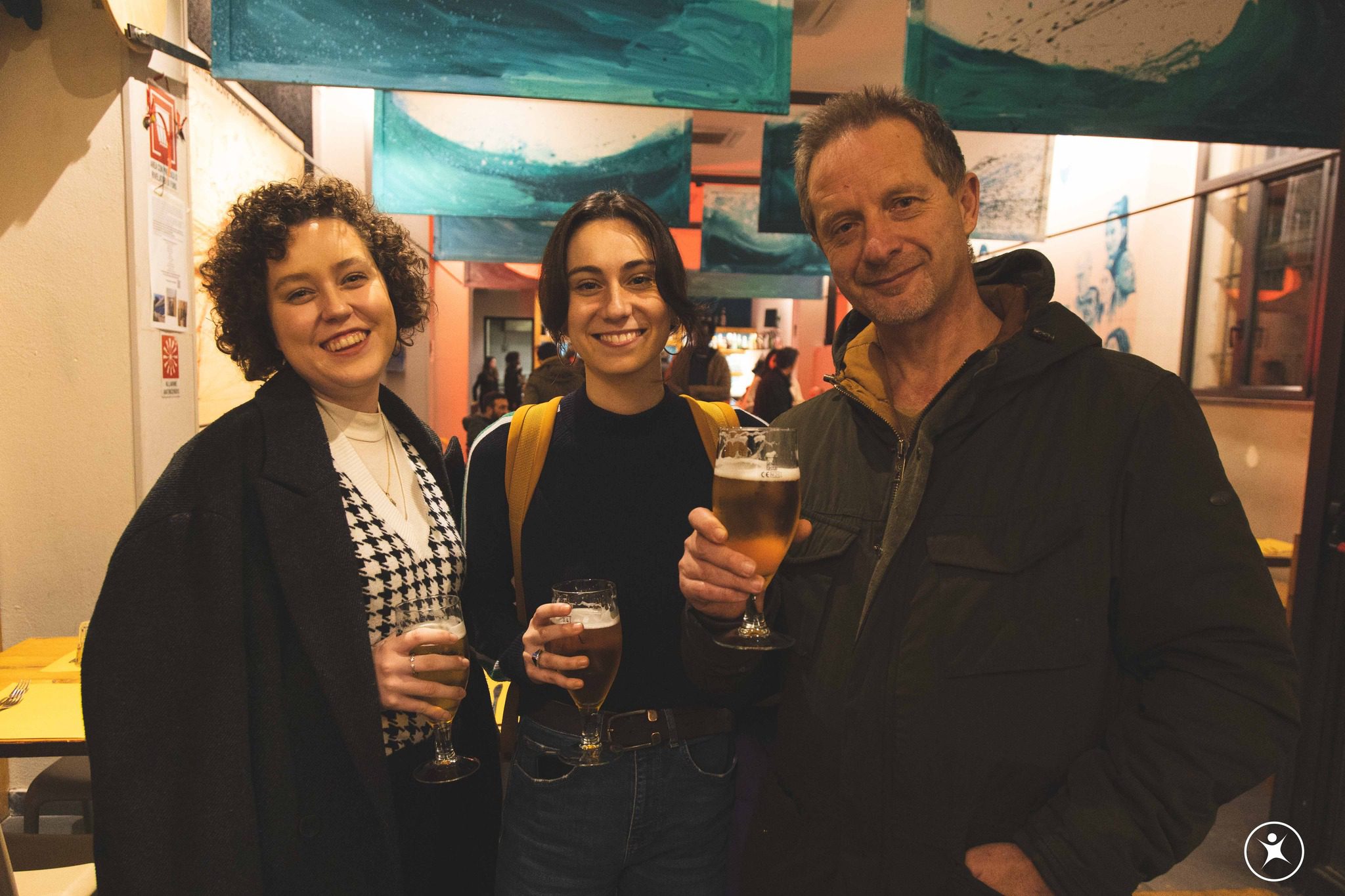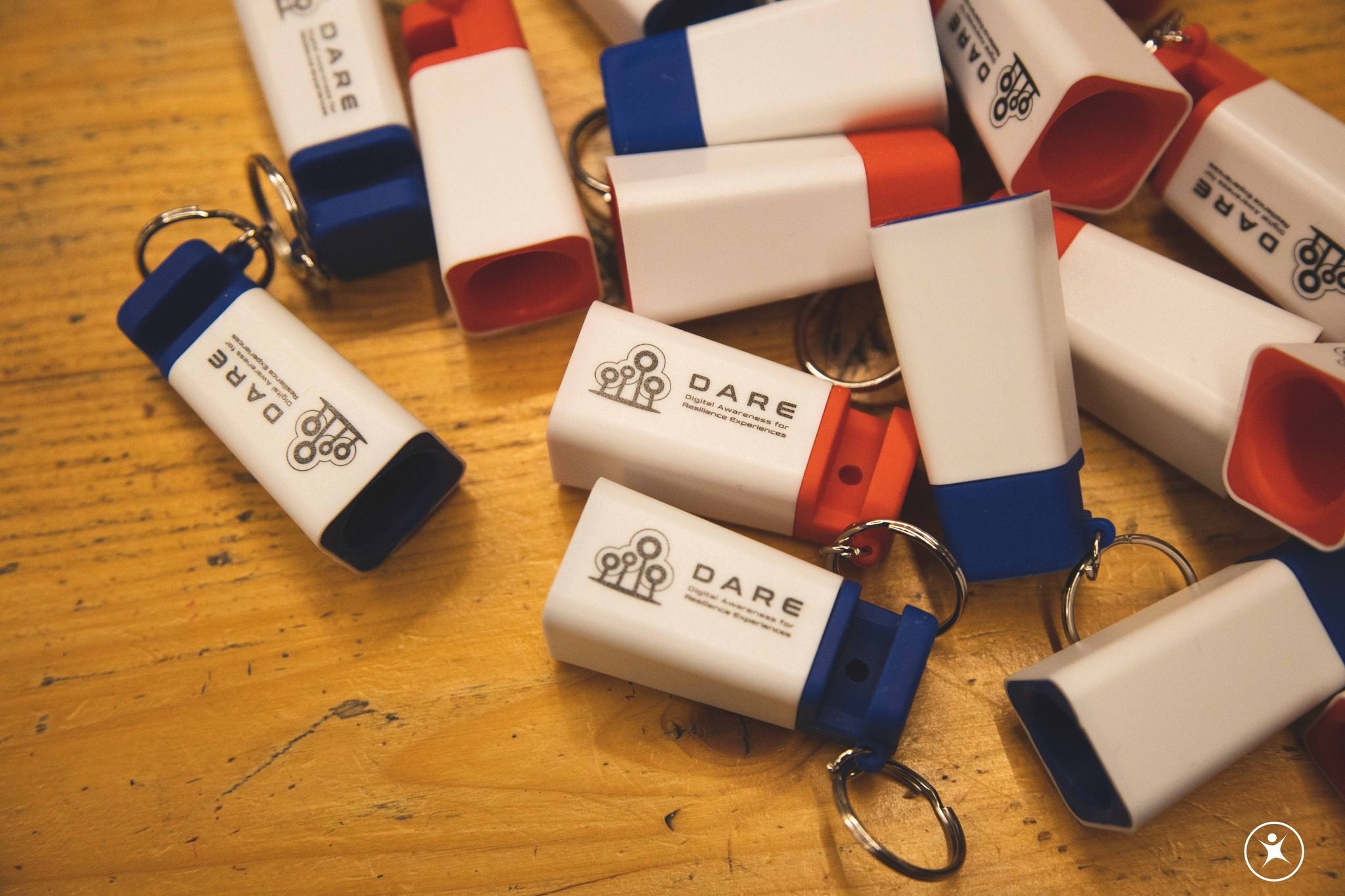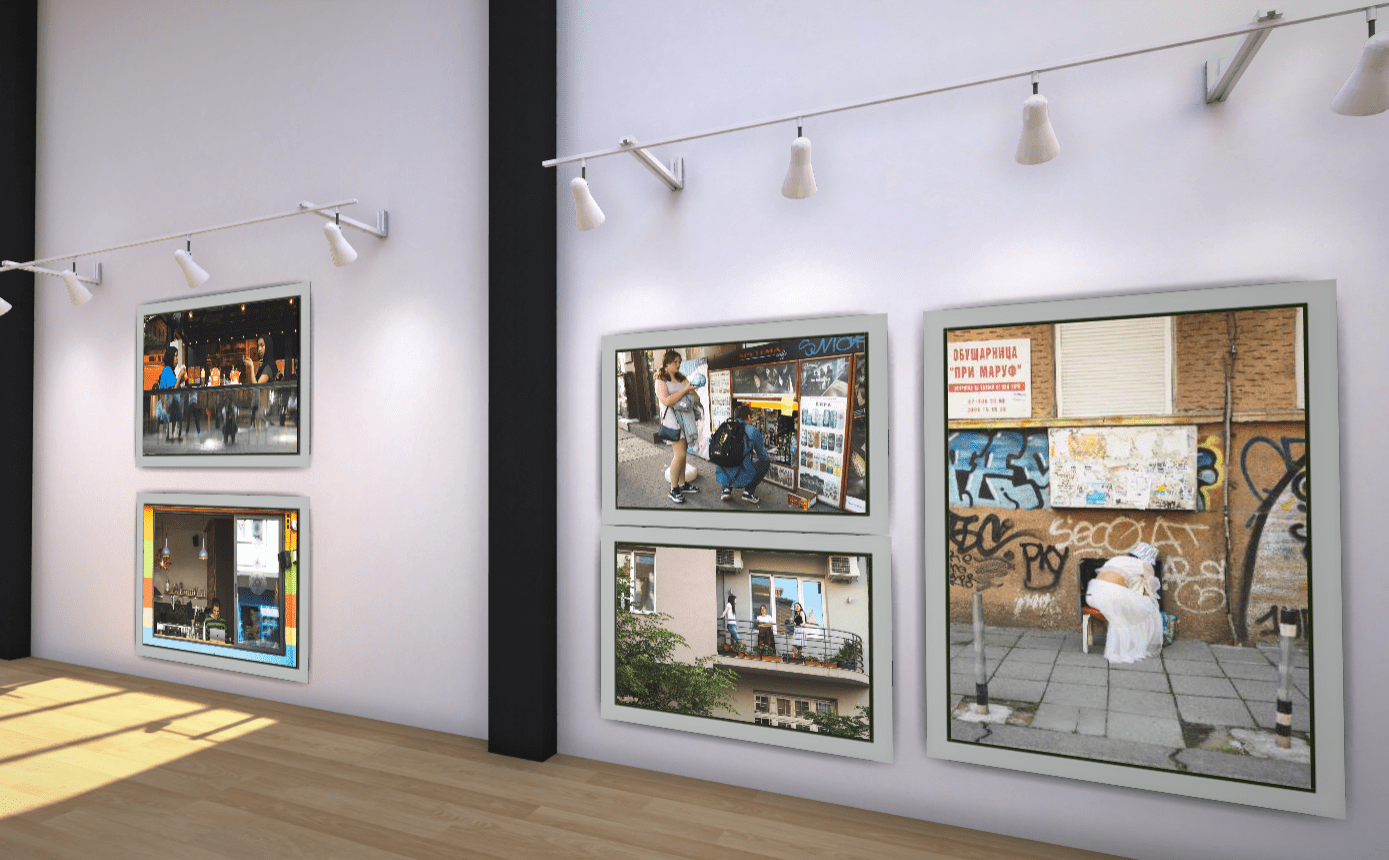The DARE – Digital Awareness for Resilience Experiences project aims to fill one of the major gaps generated by the pandemic and its effects, namely the relationship between educators/citizens and the territory, society and physical places. Among its effects, the Covid-19 emergency has caused enormous disruption in the education and training sectors and a sudden shift to online and distance learning. The widespread use of technology has revealed gaps and weaknesses, but it also represents an opportunity to rethink education and training for the digital age. Digital technologies can improve flexibility and creativity, contribute to improving efficiency and learning results, but there is a significant digital divide, that is, the gap between those who have access to information technologies (personal computers and the Internet) and those is excluded. Learning opportunities must be accessible to all and thus guarantee access to an enormous amount of information and resources.
The general objective of DARE is therefore to encourage the development of digital skills and life skills of adults, while, more specifically, the project intends to contribute to the recovery of the resilience of the educational, cultural and creative sectors through digital tools, and facilitate social inclusion through the arts, promoting innovative participatory and intercultural dialogue.
The project involves the construction of the following intellectual works:
- A digital toolkit for the participatory creation of distance activities (IO1): a digital training program for the use of virtual tools and methodologies for online education.
- A participatory digital platform for creative storytelling (IO2): an open and collaborative online mapping system, accessible via web and mobile, representing cities in an original, participatory and shared way, based on user-generated multimedia content.
Two training events are also planned on the following topics:
- digital tools and methodologies to promote online education;
- digital storytelling and digital manipulation of images to create interactive images.
After each training, workshops are held locally to test the methodologies learned. The participants in the project are educators and EDA (Adult Education) operators who work with partner organizations and adults with fewer opportunities: the former will have the opportunity to maximize the potential of using digital tools in their daily work, while the latter they will be able to acquire new skills that will influence their levels of empowerment.


